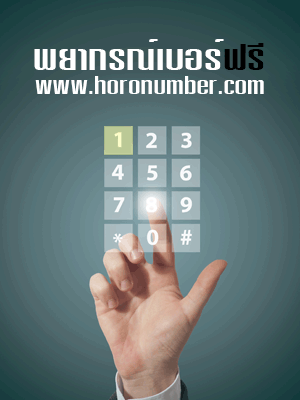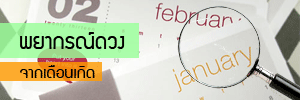Access Control: Safeguarding Your Digital Assets
In an increasingly digital world, managing who has access to your information and systems is crucial. Access control is a security mechanism that regulates which users can view or use resources within a computing environment. By implementing robust access control measures, organizations can protect sensitive data, maintain compliance, and mitigate risks.
Benefits of Access Control
Data Protection: Prevents unauthorized access to sensitive information, reducing the risk of data breaches.
Compliance: Helps organizations meet regulatory requirements by ensuring that access to data is tightly controlled and monitored.
Accountability: Enables tracking of user actions, providing a clear audit trail for security reviews and investigations.
Risk Mitigation: Reduces the likelihood of insider threats by limiting access based on need-to-know principles.
Best Practices for Implementing Access Control
Conduct Regular Audits: Regularly review and update access permissions to ensure they align with current roles and responsibilities.
Implement the Principle of Least Privilege: Grant users the minimum level of access necessary to perform their job functions. This minimizes exposure to sensitive data.
Use Strong Authentication Methods: Employ multi-factor authentication (MFA) to add an additional layer of security beyond just passwords.
Educate Employees: Provide training on the importance and secure practices to help employees recognize potential security risks.
Monitor Access Logs: Regularly monitor access logs for unusual activities or unauthorized access attempts. This can help identify potential breaches before they escalate.












